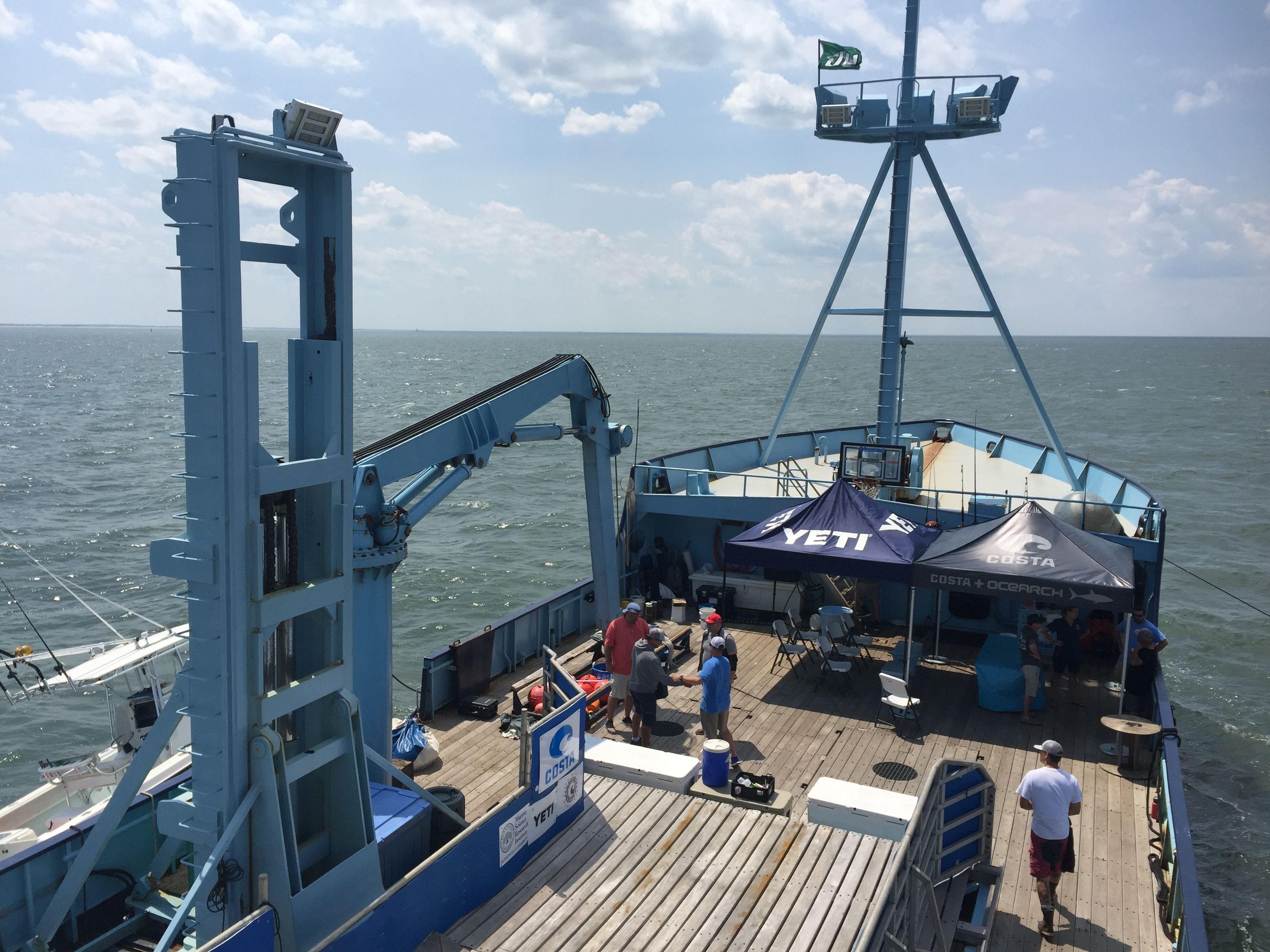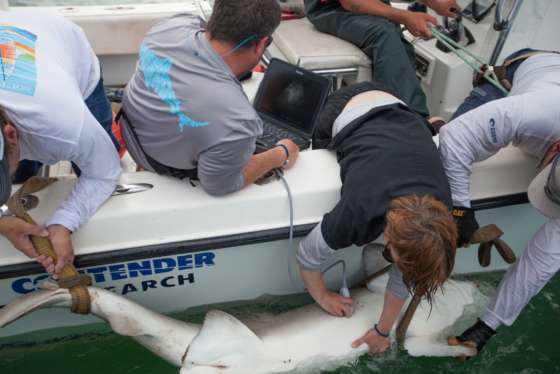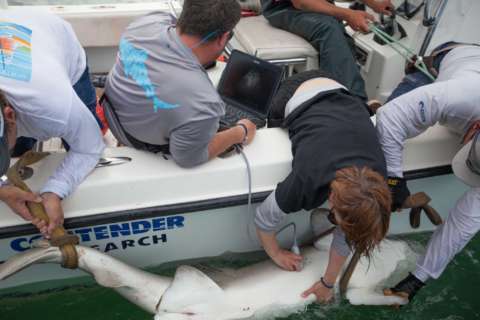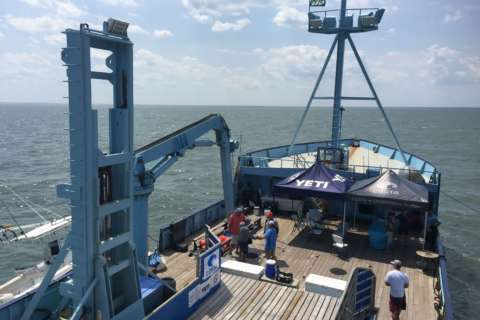
Editor’s note: This is the first article in a four-part series about sharks on WTOP.
CAPE MAY, N.J. — The Discovery Channel’s much-anticipated Shark Week is back, with shows that include “Great White Shark Serial Killer Lives” and “Sharks And The City: New York.”
But not everyone is happy about programs that portray sharks as frightening man-eaters.
“I think that the demonization may have all stemmed from the movie ‘Jaws,'” said Dr. Mike Hyatt, staff veterinarian at Adventure Aquarium in Camden, New Jersey.
“It just put a fear in people and … being in the water, and that sharks are man-eaters and that they’re just out to hunt us. And, that’s just not true. Unfortunately, Shark Week has continued that sensationalism. Almost all of the attacks that have occurred are accidental encounters, or where they mistook us for food, such as like a seal,” Hyatt said.
WTOP’s Michelle Basch spoke to Hyatt aboard the M/V OCEARCH, a 126-foot research vessel that just wrapped up its 29th shark tagging expedition, which was its first along the mid-Atlantic coast.
Hyatt served as chief scientist for the trip.
OCEARCH is also the name of the nonprofit group that operates the ship, tags and tracks sharks, and allows researchers access to the fish for study.
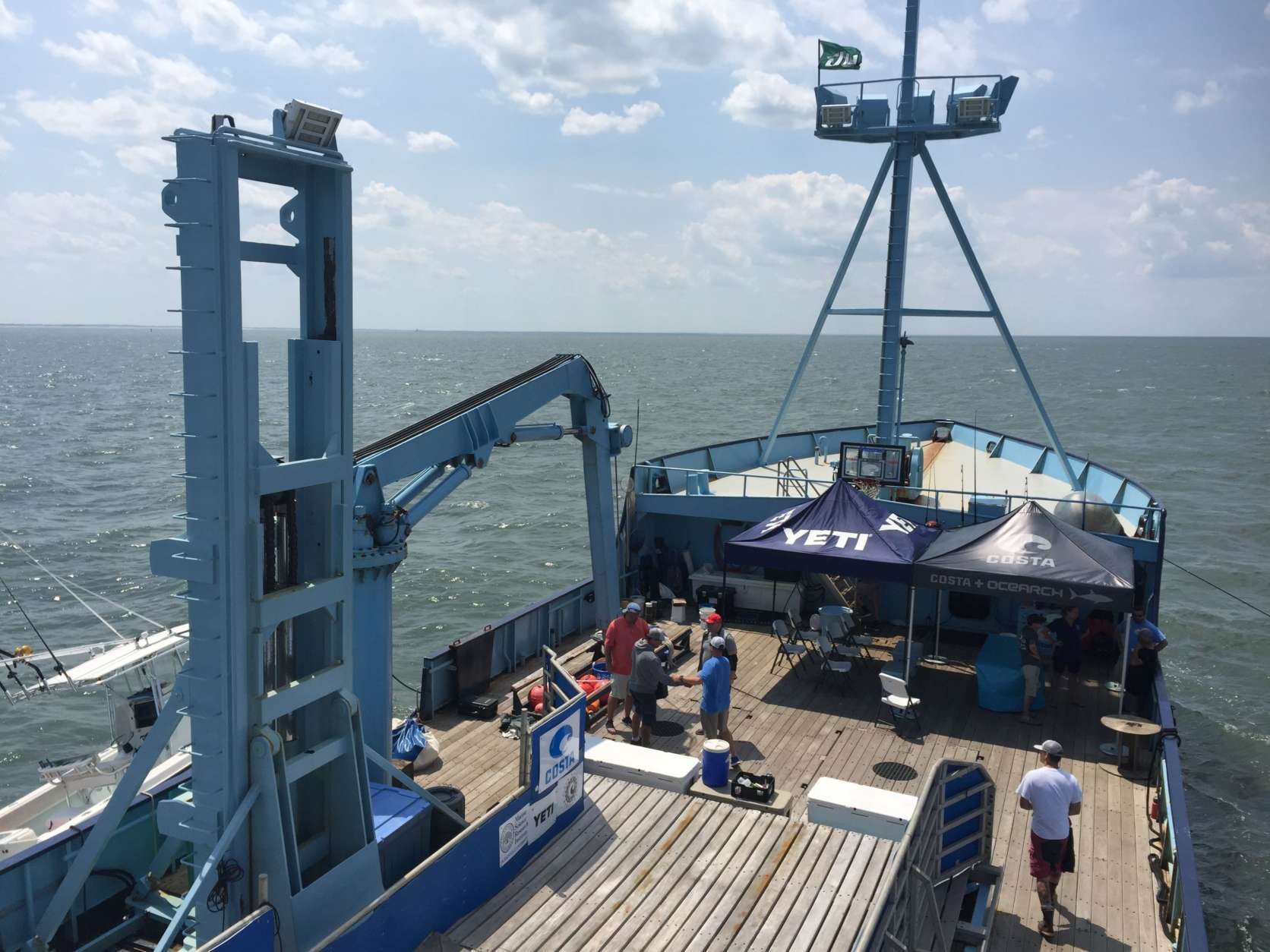
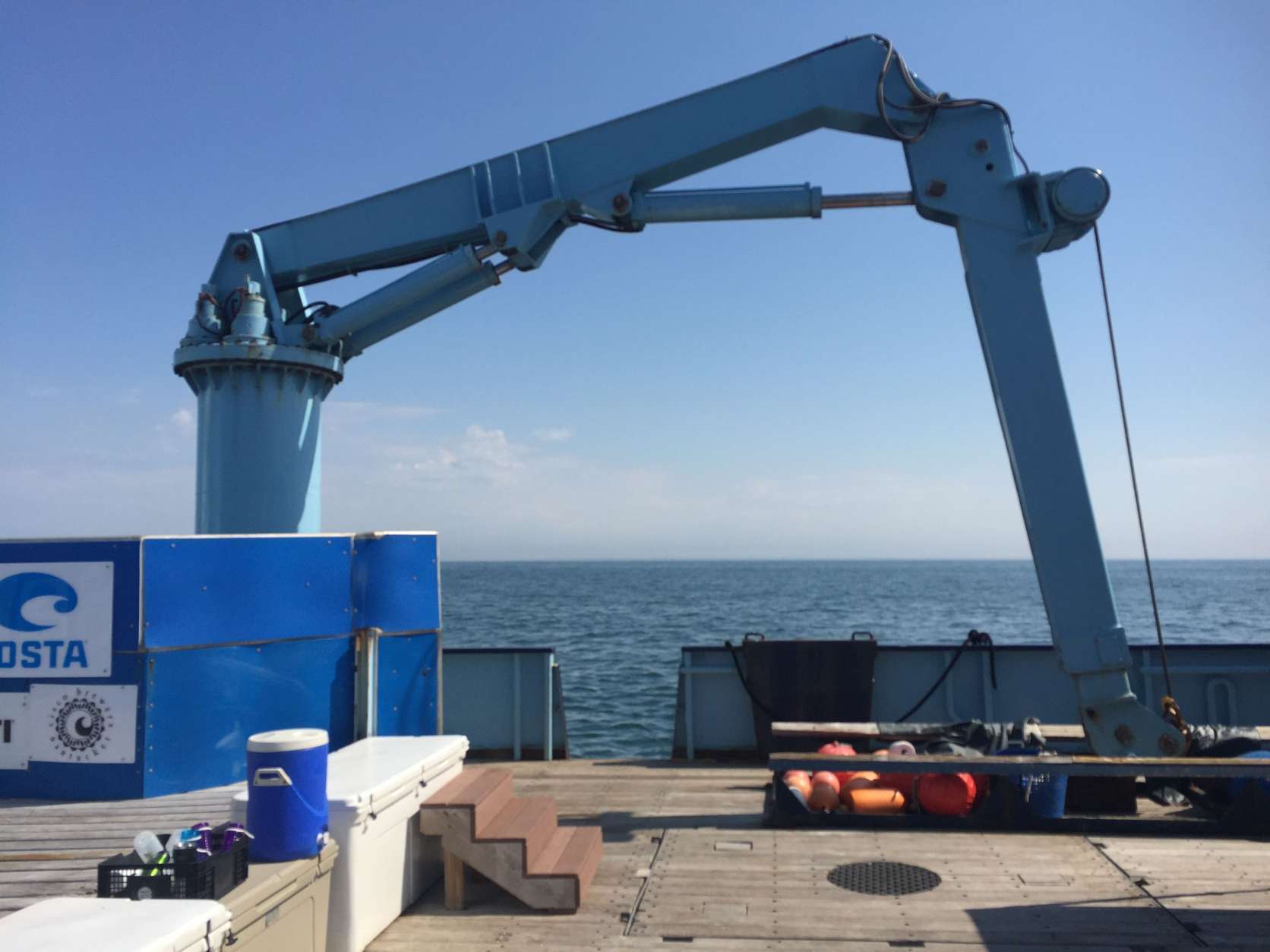
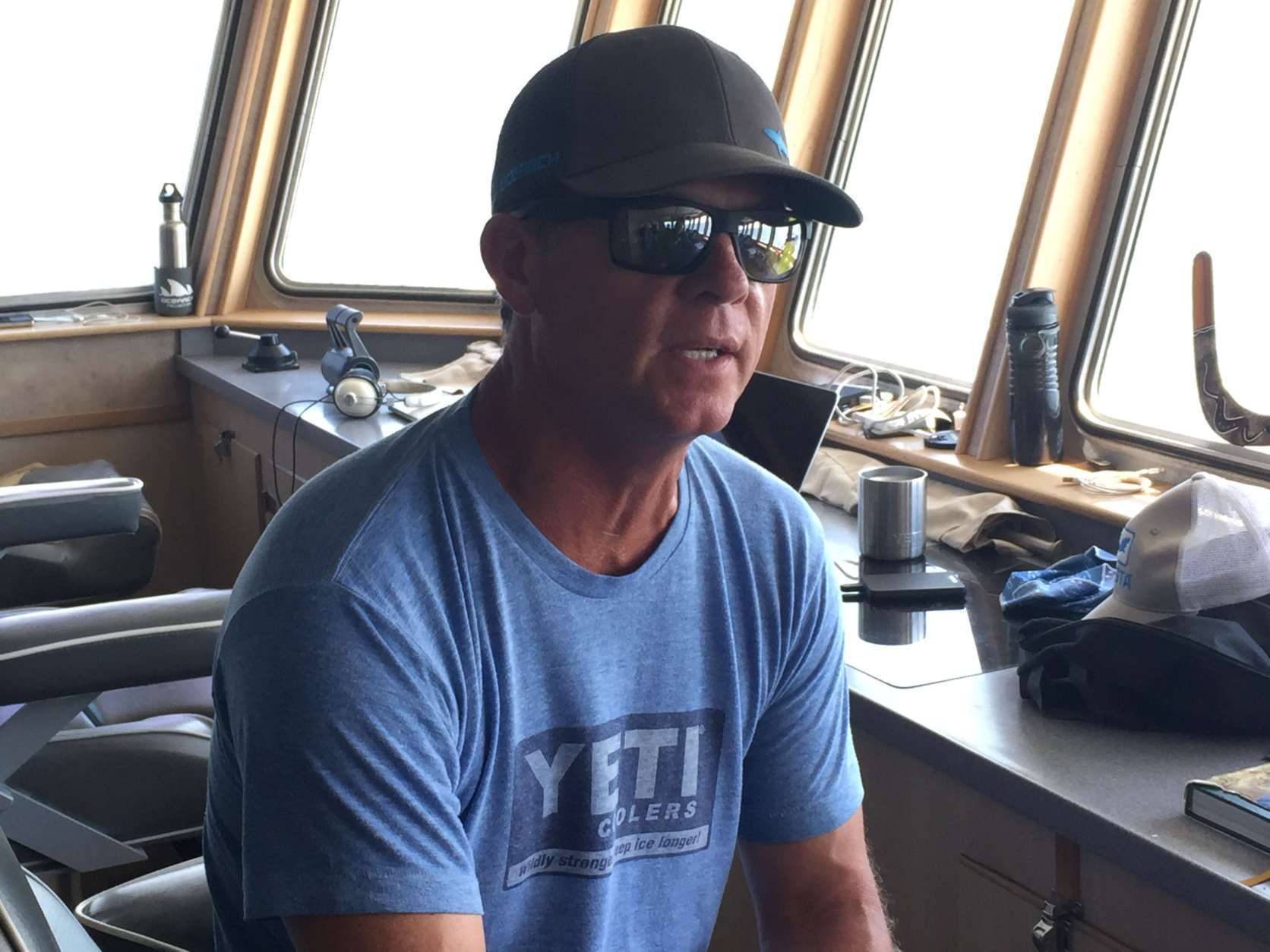
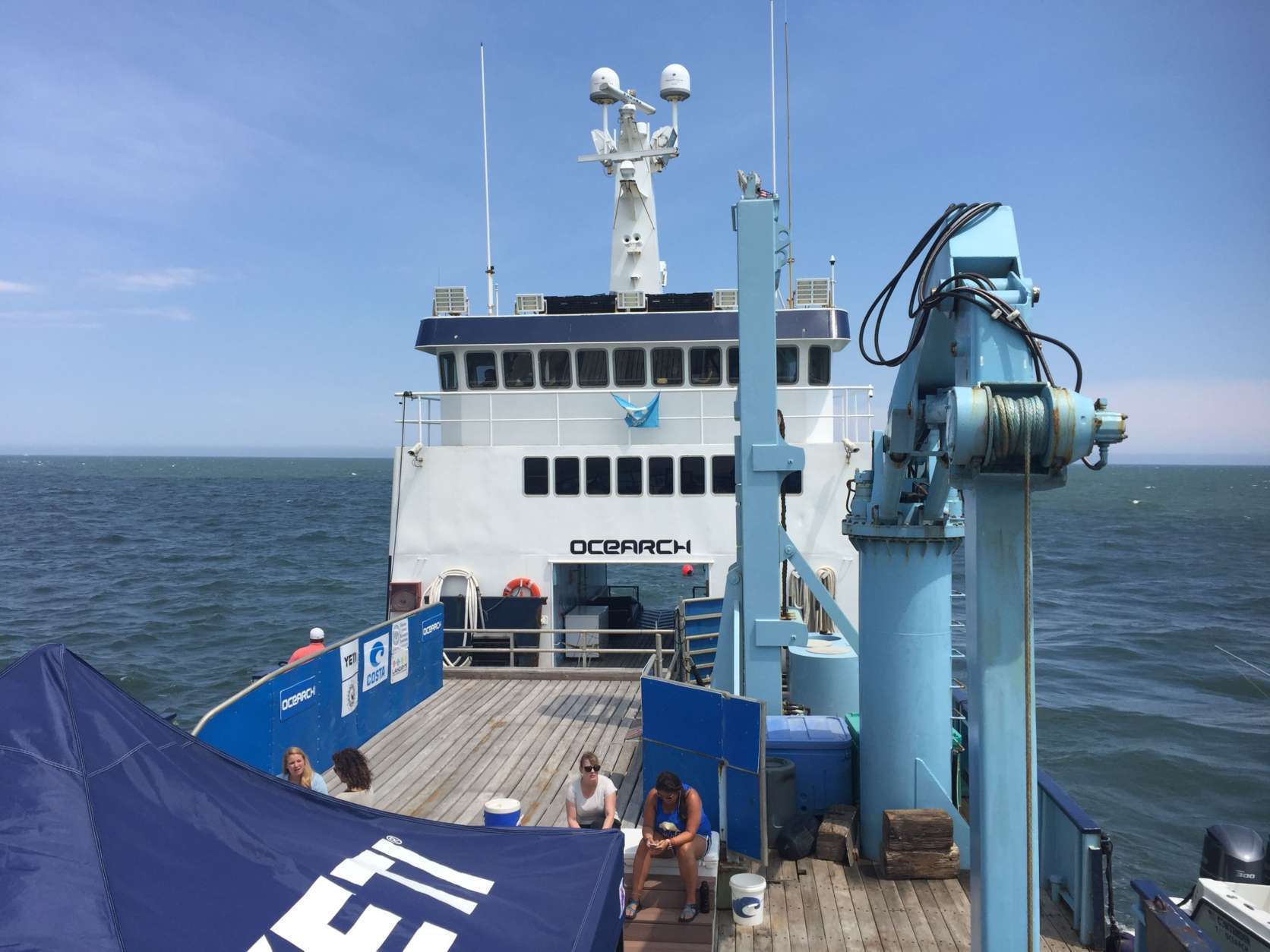
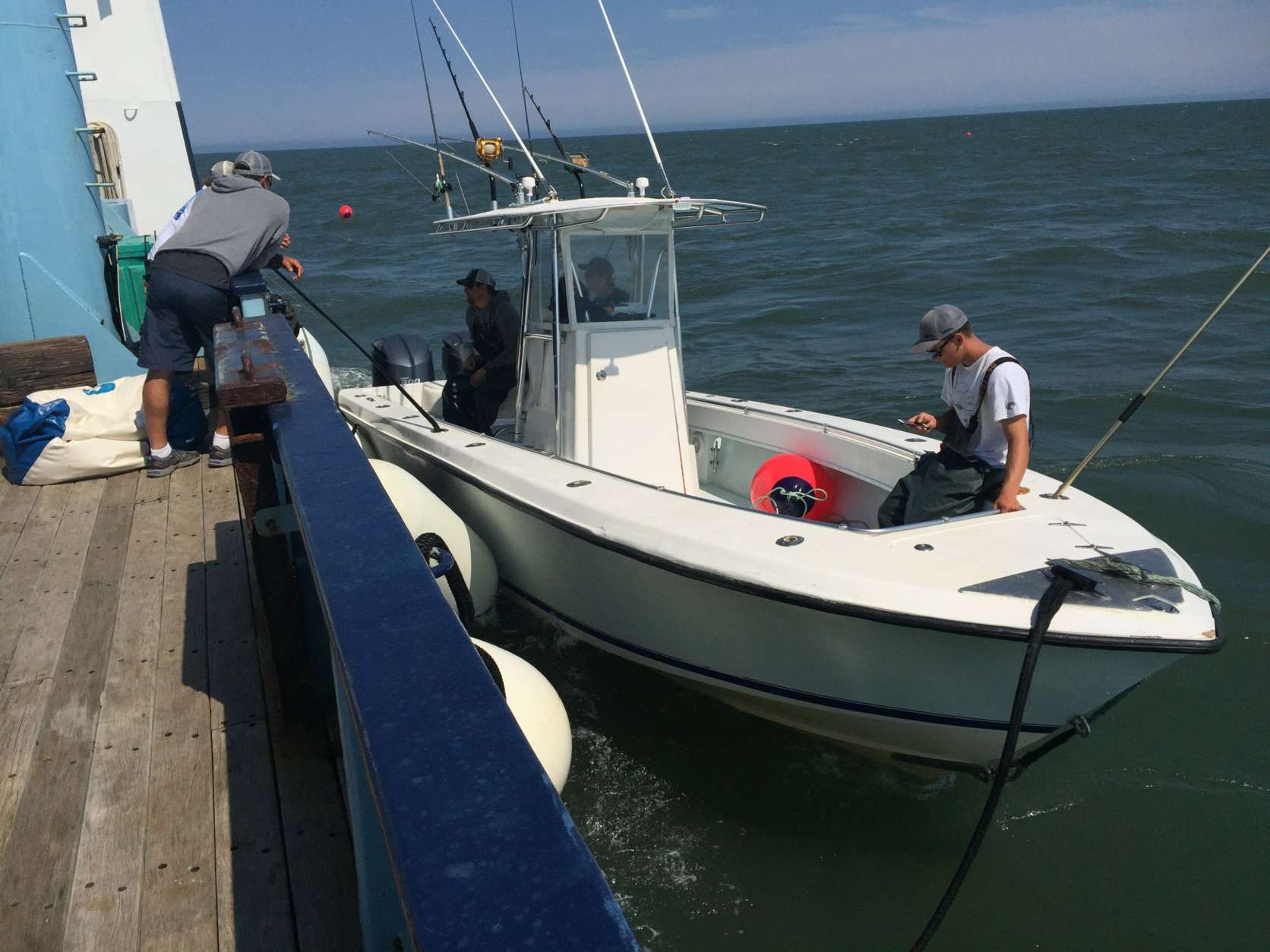
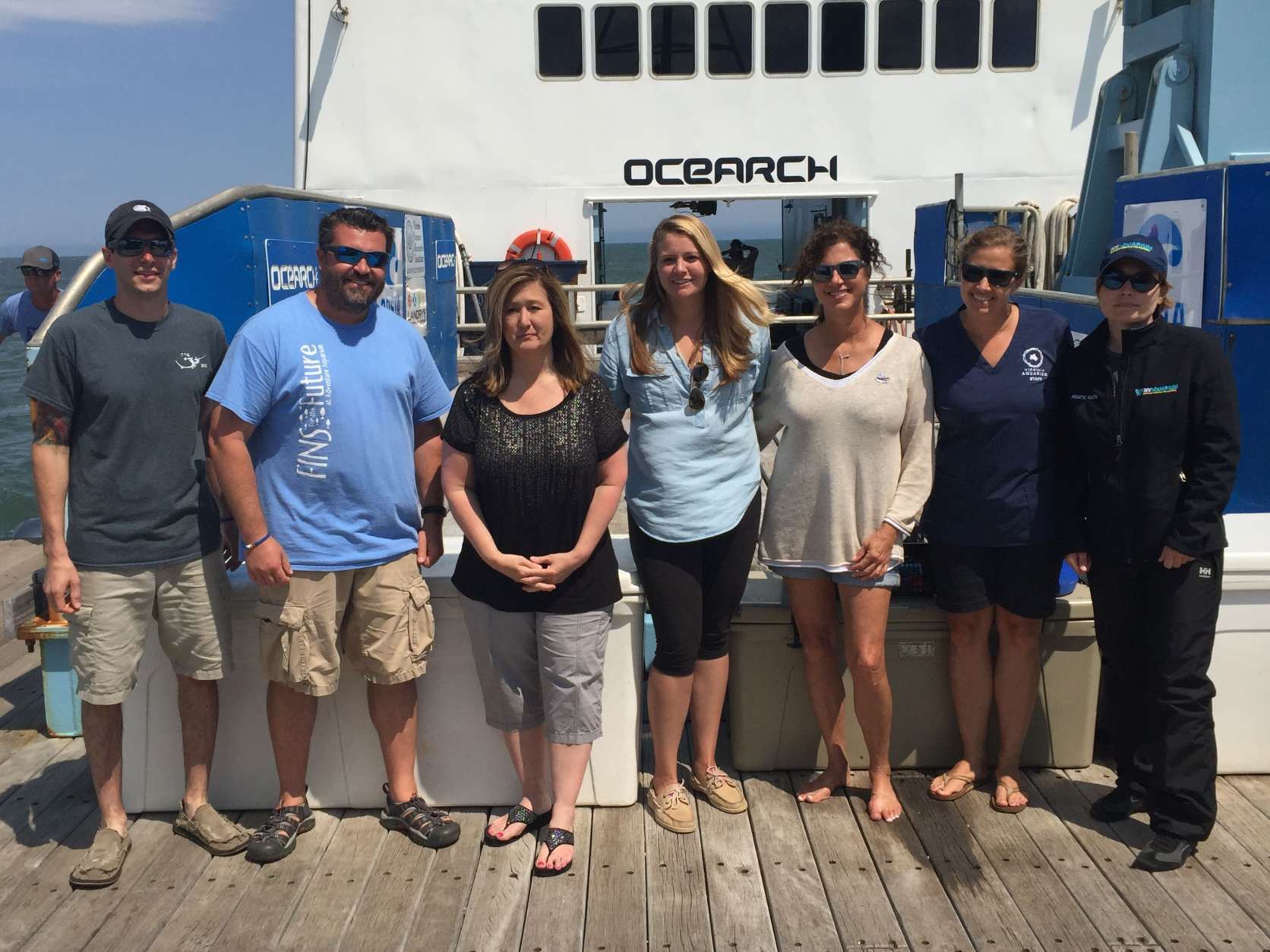
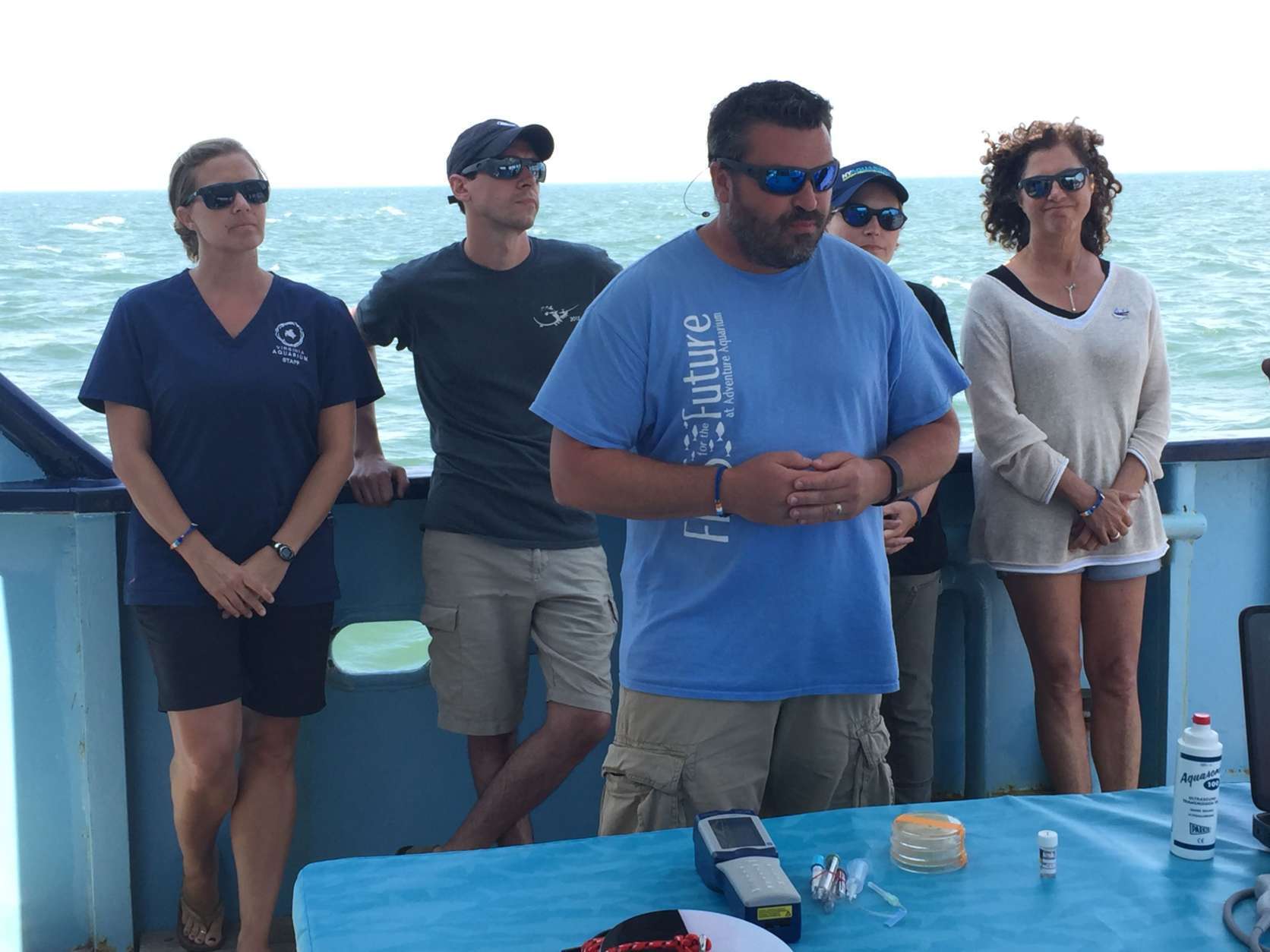
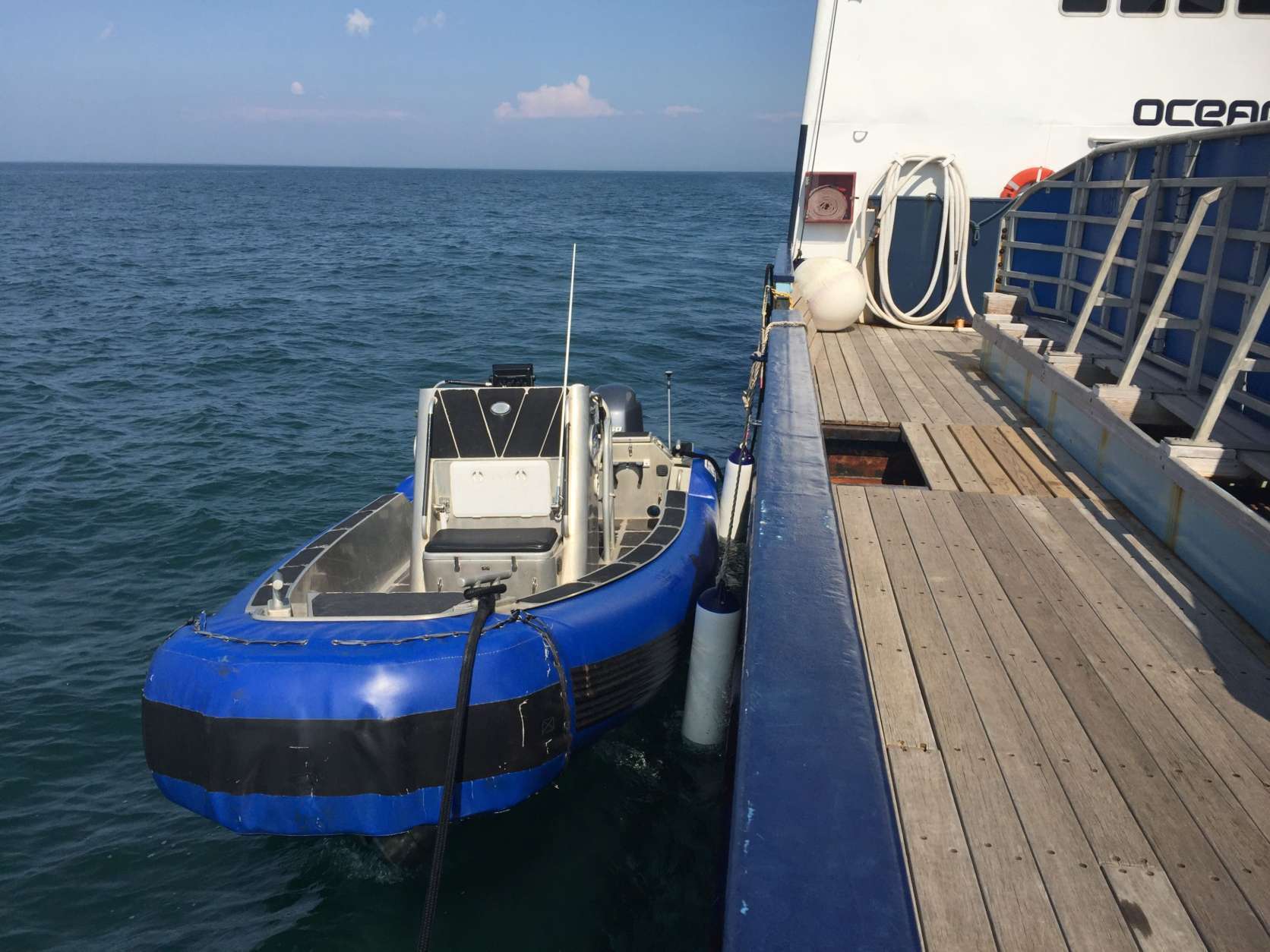
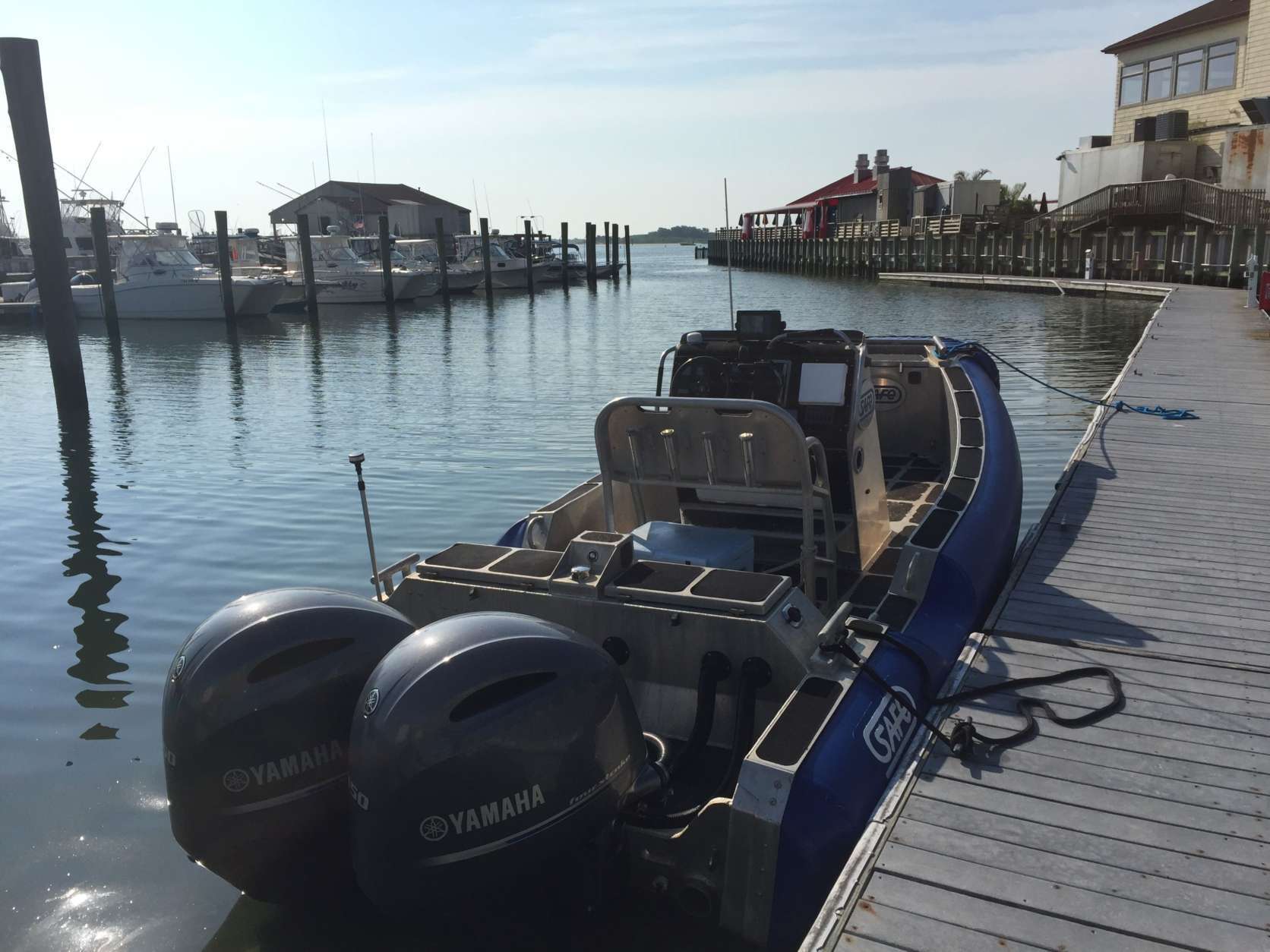
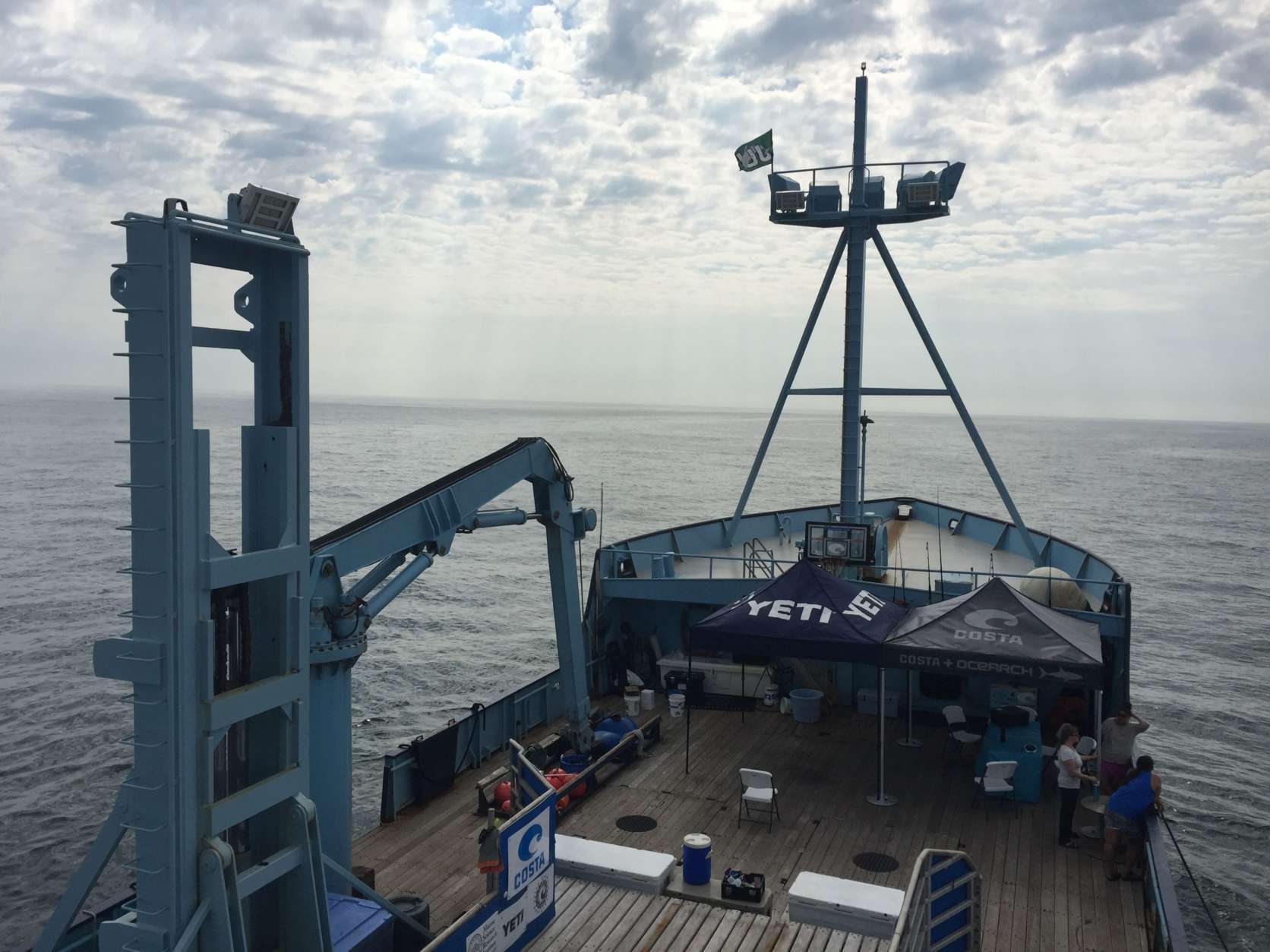
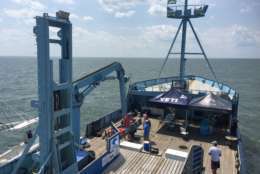

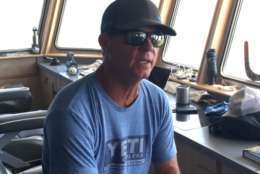
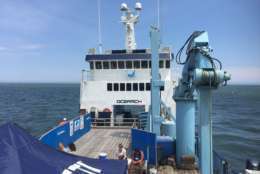
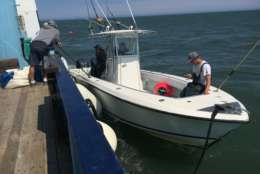
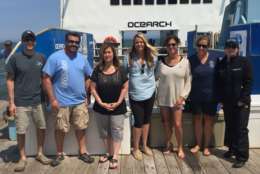
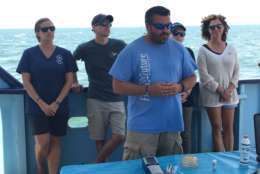
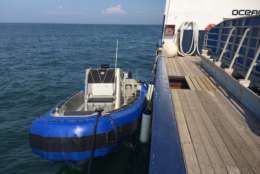
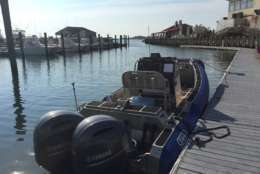
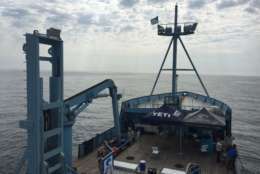
Its motto, preceded by a hashtag in its social media accounts and emblazoned on T-shirts, is “Don’t Fear The Fin”.
OCEARCH’s Global Shark Tracker map details the travels of tagged sharks in nearly real time, and many have their own popular Twitter accounts. @MaryLeeShark has more than 120,000 followers.
They get a lot of Twitter love, but OCEARCH founding chairman and expedition leader Chris Fischer told WTOP that sharks are being killed worldwide at an alarming rate, estimated at 200,000 per day.
“We’re down to what some people say [is] 9 to 10 percent of our large sharks left in the ocean, primarily due to shark finning and shark fin soup in China,” Fischer said.
Without sharks, Fischer said the marine food web would be devastated.
“These truly are the lions of the ocean, roaming around culling out the weak, the dead and the dying. Making sure the seals aren’t eating all the bait so our game fish can thrive and we can all enjoy them. Making sure the squid aren’t wiping out all the baby fish in the open ocean, so the tuna and the mahi and the billfish can grow up for us to enjoy,” he said.
Fischer said the need to protect sharks is urgent. “If we don’t get these large sharks moving the right way, our kids aren’t going to eat fish.”

